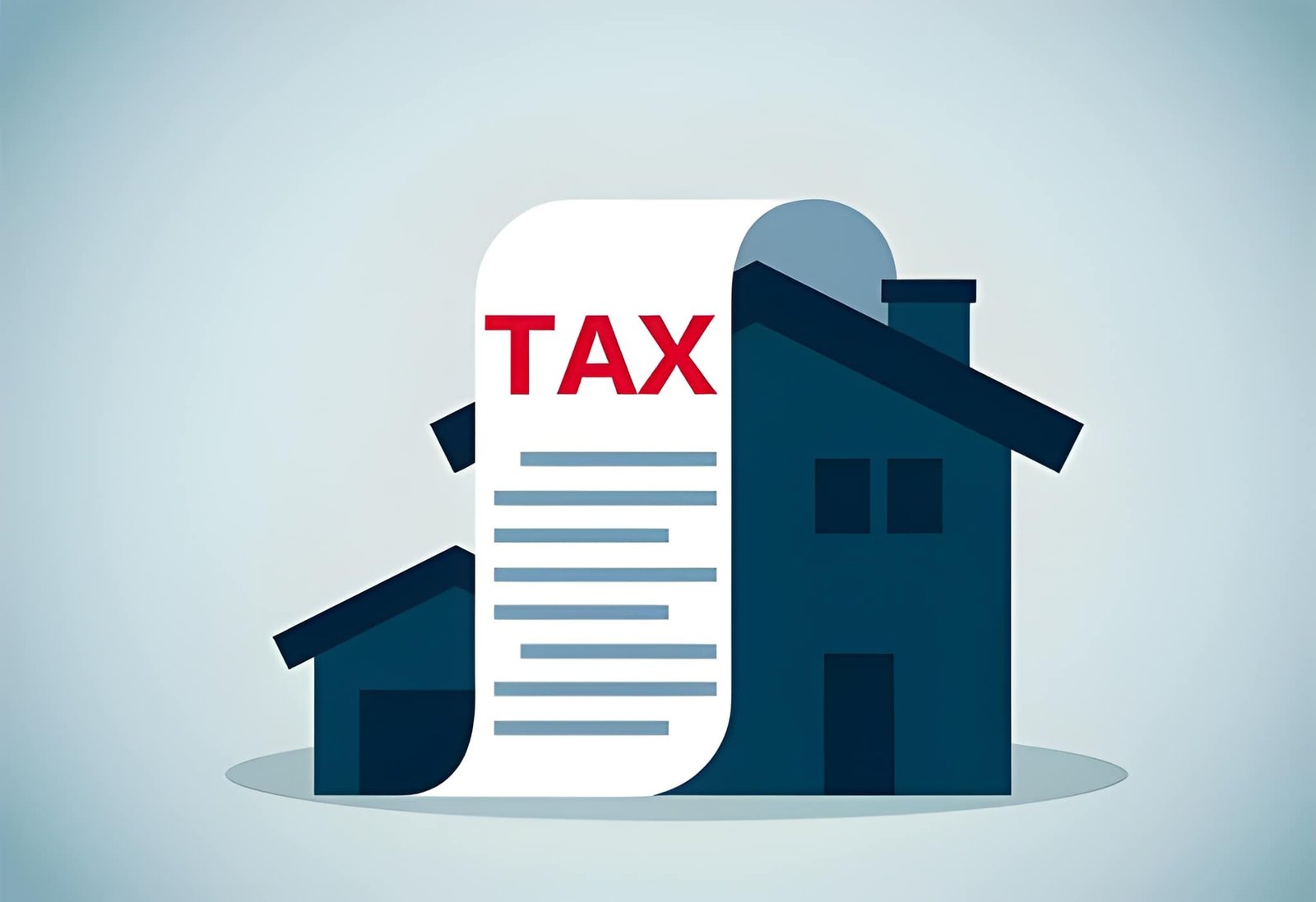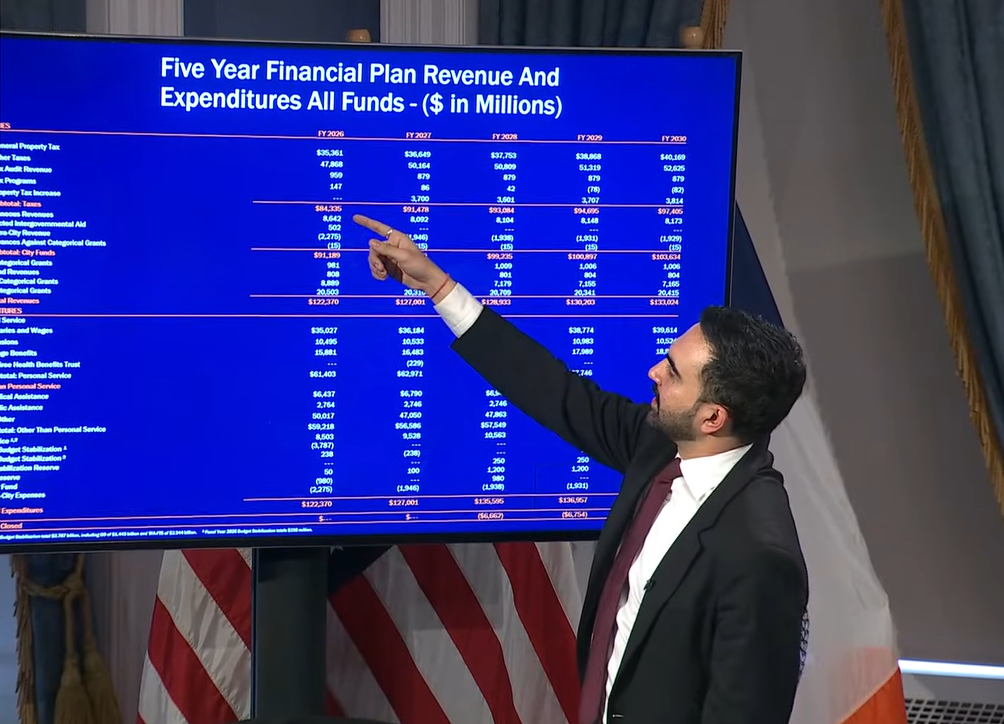The IRS and the Treasury Department proposed guidance on Wednesday for companies that elect to receive a direct payment in lieu of the tax credit for the manufacturing of semiconductor chips in the U.S.
The Creating Helpful Incentives to Produce Semiconductors Act of 2022, commonly known as the CHIPS Act, allocated $52.7 billion in grants over the next five years to increase American semiconductor chip manufacturing, promote the building of new semiconductor manufacturing facilities in the U.S., and compete with other nations, such as China and Russia, in this area.
The legislation also established the advanced manufacturing investment credit, which is an amount equal to 25% of the qualified investment for that year in a facility for which the primary purpose is the manufacturing of semiconductors or semiconductor manufacturing equipment.
The CHIPS Act allows eligible taxpayers to make an election to treat the credit as a payment against federal income tax.
“Today’s proposed rules would provide procedural certainty for taxpayers seeking to elect the full amount of a CHIPS investment credit by clarifying the timing of when elective payment elections are made, explaining how to determine the amount of the credit and elective payment, and laying out clear procedural rules for electing taxpayers—including those that are partnerships and S corporations,” the Treasury Department said in a press release. “The proposed regulations would also provide guidance on excessive payments and basis reduction and recapture. Along with the proposed regulations, temporary regulations lay out clear steps on how electing taxpayers will pre-register with the IRS before making an election when they file their annual income tax returns.”
The proposed regulations issued today would apply to taxable years ending on or after the date they are published as final regulations in the Federal Register. The public now has 60 days to comment on the proposed regulations before final regulations are issued by the Treasury Department and the IRS.
Thanks for reading CPA Practice Advisor!
Subscribe Already registered? Log In
Need more information? Read the FAQs
Tags: Income Taxes, IRS, Small Business, Taxes



